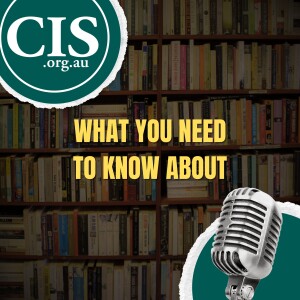
Thursday Aug 24, 2023
Heeding expert advice | Peter Kurti
During the Covid-19 pandemic, state and territory leaders afforded great responsibility for decisions about managing both the impact of the virus and the expectations of a fearful public to unelected public health experts. Severe restrictions imposed on movement and association at the behest of these experts — Chief Medical Officers (CMOs) — lasted for many months.
The exceptional circumstances of the pandemic hardly formed part of the regular routine of government. Indeed, so exceptional was the pandemic that dependence on advisors with medical and public health expertise might well have been unavoidable if government was to be effective.
Faced with the need to assuage public fears, there was also a need for the public to hear what medical experts made of the pandemic and the dangers it posed. Most Australians readily complied with state-imposed edicts, apparently confident that governments were acting only in the best interests of citizens.
However, many expressed concern that as the pandemic ran its course, political leaders appeared to be doing one of two things. Either they followed the advice of medical experts blindly and without regard to the social, economic and community impact of the imposed measures; or they ignored expert medical advice because of concerns about its likely impact would fuel worries that they were not doing enough to keep citizens ‘safe’.[1]
These concerns only compounded as, during the course of the pandemic, medical experts began to fall out with one another, thereby dissolving any notion of universal medical consensus about how best to manage contagion.[2] As the pandemic ran its course, populations bowed to the dictates of chief medical officers. The will and wishes of the demos were subordinated to the opinions and directions of the knowledgeable few.
While the Covid-19 pandemic provides a rare, if egregious, example, of their doing so, the ceding by elected representatives of decision-making to health bureaucrats is just one example of the problem that Adrian Pabst, a political scientist, has described as double delegation — “whereby representatives elected by citizens delegate power to unelected officials who are part of a professional political class.”
Read the rest of the paper here: https://www.cis.org.au/publication/authority-expertise-and-democracy-should-we-trust-the-experts/www.cis.org.au/publication/autho…rust-the-experts/
5YSGGR2Q2GNZSKOF
No comments yet. Be the first to say something!